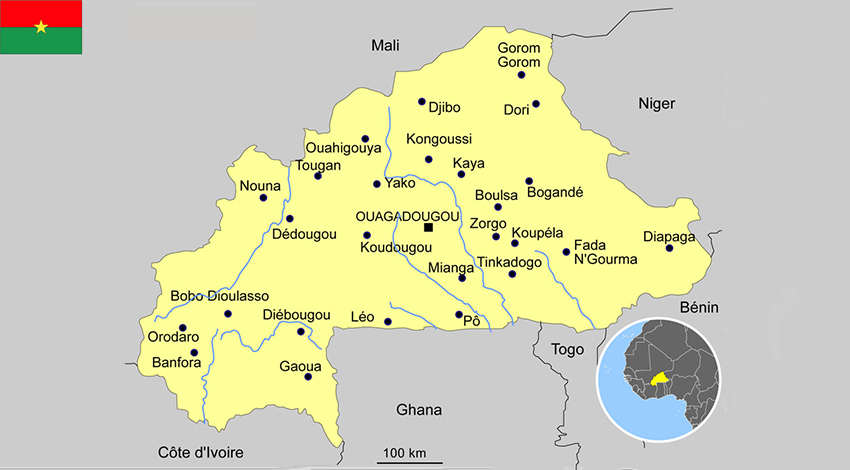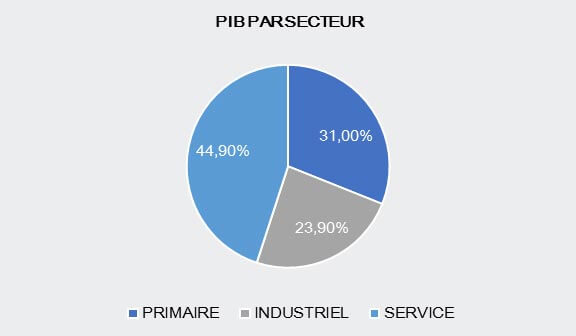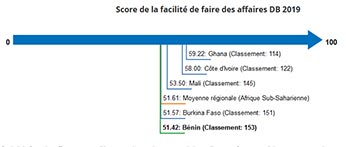
1.1 Geographic and politics characteristics of Burkina Faso
Political system
Burkina Faso (formerly Upper Volta) achieved independence from France in 1960. Repeated military coups during the 1970s and 1980s were followed by multiparty elections in the early 1990s. Former President Blaise COMPAORE (1987-2014) resigned in late October 2014 following popular protests against his efforts to amend the constitution's two-term presidential limit.
The president is elected by absolute majority popular vote in 2 rounds if needed for a 5-year term (eligible for a second); election last held on 29 November 2015 (next to be held November 2020); Prime Minister is appointed by the President with consent of the National Assembly.
- Area : 274.200 km2
- Population : 19.742.715 (July 2018)
- Density : 72 people/km2
- Population growth rate : 2.76%
- Urban population : 29.4% (2018)
- Official language : French
International agreements
The Republic of Burkina Faso is member of the West African Economic and Monetary Union with Benin, Cote d’Ivoire, Guinea Bissau, Mali, Niger, Senegal and Togo, and Economic Community of West African States (ECOWAS).
1.2 Macroecononic Framework
1.3 Economic performance and outlook of Burkina Faso
1.4 Ease of Doing Business
- Benin (capital : Porto-Novo)
- Burkina Faso (capital : Ouagadougou)
- Cape Verde (capital : Praia)
- Ivory Cost (capital : Abidjan)
- Gambia (capital : Banjul)
- Ghana (capital : Accra)
- Guinea (capital : Conakry)
- Guinea Bissau (capital : Bissau)
- Liberia (capital : Monrovia)
- Mali (capital : Bamako)
- Niger (capital : Niamey)
- Nigeria (capital : Abuja)
- Senegal (capital : Dakar)
- Sierra Leone (capital : Freetown)
- Togo (capital : Lomé)




